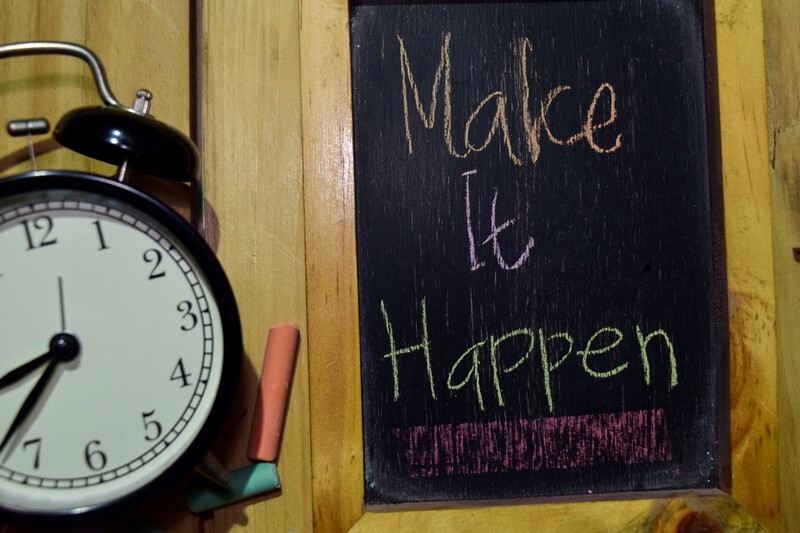Not long ago I was watching the postgame interview of an NBA player where he was asked the following question by the reporter:
“How does this loss feel? You were so close to getting the win.”
He responded, “This is the NBA … we put ourselves in a position where we can fail each time we play.”
As I remember the interview, one could tell the loss this evening was emotionally tough for this star point guard. However, he kept his composure and provided what I thought was a rational explanation as to how he handles defeat.
Handling a Situation is Different from Accepting It
At no time did this player state he was happy with the loss and ready to accept falling short as a way of doing business.
I could tell he was upset not so much at his team, but at what he could have done better to help his team earn a victory. On the last offensive play of the game, he did not touch the ball, and the result was a turnover.
He did not blame his teammates. I could tell he was harboring some anger and frustration because he felt there was something he could have done to change the outcome of the game.
He finished the short locker room interview by saying, “’I’ll be back tomorrow … and things will be different.”
Failure
I consider myself a competitive person, and I love hanging out with people who are willing to push the envelope.
This energy drives me to be better, and it makes my life far more exciting.
Over my lifetime, I have failed many times, and some of them were particularly hurtful. There were also times I was embarrassed.
In high school, I was the quarterback of a team that lost to a nearby school who had not won a game in 5 years. Oh … it was our homecoming night! Wow! Embarrassing!
In my early 20s, I launched a small business that quickly evaporated because our liabilities greatly exceeded our revenue.
In my NCAA basketball officiating career, I only worked one conference tournament in 25 years.
There are many other examples when I failed, but I think you get the picture.
Look to Fail
Looking back at my 30+ years of professional work experience, I’ve learned there is a very small group of people who are constantly looking for opportunities to excel, knowing fully well that the chances of success are stacked against them.
Here’s my point … I believe fewer than 5% of people wake each day thinking they are going to push themselves to become better, whether personally or professionally.
In other words, 95% of folks are willing to sacrifice growth and opportunities to remain in their comfort zone. The belief here is that if they do what is safe, they will not fail.
Of course, experience has taught us that doing nothing means we are falling behind.
I am not promoting taking crazy risks. Each of us has at least one opportunity each day to make ourselves better, and we must decide whether to act or sit on the sidelines and hope for the best.

